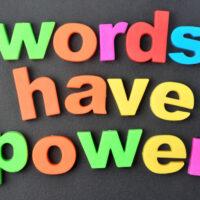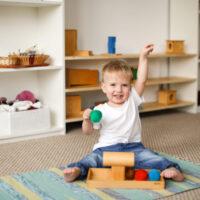Navigating Summertime Stress
Navigating summertime stress with young children can be challenging for many reasons. The shift from the structured routine of the school year to the more relaxed pace of summer can be difficult for parents and children.
Good Beginnings That Last A Lifetime

Navigating summertime stress with young children can be challenging for many reasons. The shift from the structured routine of the school year to the more relaxed pace of summer can be difficult for parents and children.

Fostering parenting confidence and harmony involves a combination of self-awareness, effective communication, and positive parenting strategies.

Summertime offers young children a great opportunity to engage in a variety of fun and enriching activities.

Children can learn empathy and kindness! While they may not fully grasp the complexities of these concepts like adults do, children can understand and demonstrate empathy and kindness in their own way.

Art encourages children to express themselves creatively, exploring their imagination and developing original ideas. It offers a non-verbal outlet for emotions, helping children understand and cope with their feelings.

Outdoor play encourages physical activity, which is essential for children’s overall health. Running, jumping, climbing, and playing sports help children develop their gross motor skills, strength, coordination, and balance.

Children’s behavior often reflects their underlying needs, whether physical, emotional, or psychological. Understanding young children’s behavior requires observation, empathy, and consideration of various factors that may influence their actions.

Young children are naturally curious and often unaware of potential dangers. Setting boundaries helps keep them safe by establishing limits on activities, environments, and interactions that could pose risks to their well-being.

Reframing behavior is important because it allows us to shift our perspective and empowers us to view situations, ourselves, and others in a more positive and constructive light.

Parents need to recognize that it’s okay for children to experience moments of boredom and to have unstructured time for independent play and exploration. Allowing children to engage in self-directed activities can foster creativity, independence, and problem-solving skills.